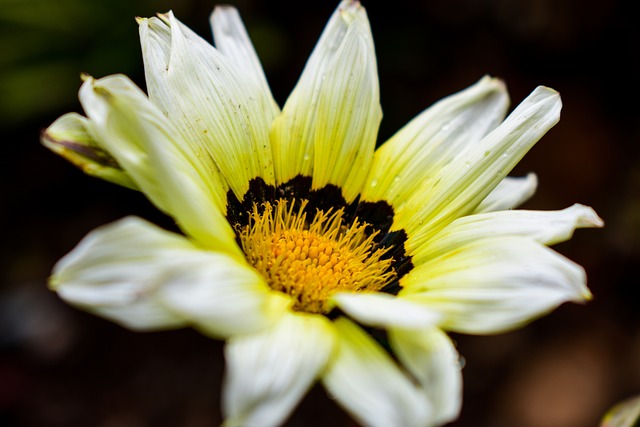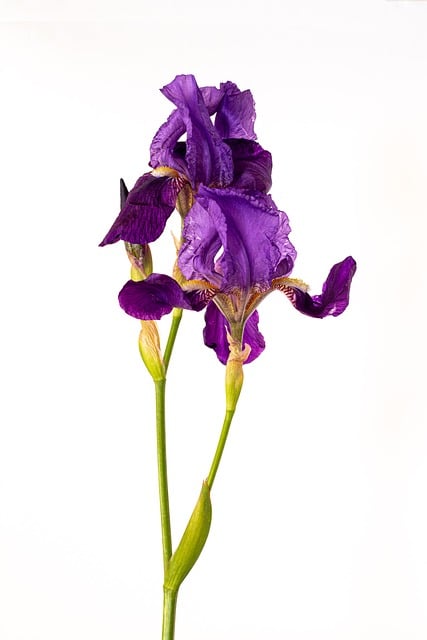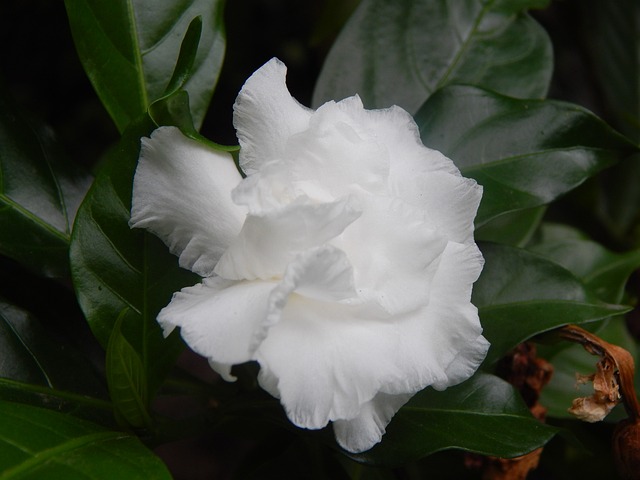bicho do pe 🏈 Bicho do Pé: A Fascinating Journey into Brazil's Unique Cultural Phenomenon

Bicho do Pé: A Fascinating Journey into Brazil's Unique Cultural Phenomenon
In the vast tapestry of Brazilian culture, where folklore intertwines with the everyday lives of its people, few expressions evoke as much intrigue and curiosity as "bicho do pé." This term, which literally translates to "bug of the foot," encapsulates a rich blend of myth, tradition, and social commentary that reflects the Brazilian spirit. The phenomenon of bicho do pé transcends its etymology, becoming a metaphor for resilience, community, and the complexities of rural life.bicho do pe

At its core, the bicho do pé refers to a parasitic insect that often infests the feet of those living in rural areas, particularly among the lower socioeconomic strata. The larva of the Tunga penetrans, commonly known as the chigoe flea or jigger, burrows into the skin, causing irritation and discomfort. While the physical affliction is undeniable, the implications of the term extend far beyond the biological realm. The bicho do pé has evolved into a cultural symbol that embodies the struggles and triumphs of marginalized communities, shedding light on broader social issues.bicho do pe

The folklore surrounding bicho do pé is rich and varied, with tales passed down through generations. Stories often depict the bicho as a trickster figure, representing the challenges faced by those who are often overlooked by society. In these narratives, the bug is not merely a pest but a reflection of the adversities that accompany poverty and rural existence. Whether through songs, dances, or oral traditions, the bicho do pé serves as a vehicle for storytelling, allowing communities to navigate their experiences and assert their identities.bicho do pe
Moreover, the phenomenon of bicho do pé highlights the intersection of health, environment, and social justice in Brazil. The prevalence of chigoe fleas in impoverished areas is a stark reminder of the systemic inequalities that persist in the country. Poor living conditions, lack of access to healthcare, and inadequate infrastructure contribute to the perpetuation of such issues. As such, the bicho do pé emerges as a symbol not only of individual suffering but also of collective resilience in the face of adversity.
In recent years, there has been a resurgence of interest in the bicho do pé within academic circles, with researchers exploring its implications for cultural identity and social cohesion. Scholars argue that understanding the cultural significance of the bicho do pé is vital for addressing the underlying issues faced by affected communities. By examining the narratives and practices associated with this phenomenon, researchers aim to illuminate the broader social dynamics at play, fostering a deeper understanding of the challenges faced by marginalized groups.
The excitement surrounding the bicho do pé is not limited to academia; it has also permeated popular culture, inspiring musicians, artists, and writers. The bicho has found its way into the lyrics of songs, the themes of paintings, and the narratives of novels, becoming a powerful symbol of resilience and defiance. This cultural renaissance serves to amplify the voices of those who have long been silenced, allowing for a more nuanced exploration of the complexities of Brazilian identity.
As Brazil continues to grapple with issues of inequality, the bicho do pé serves as a poignant reminder of the importance of community and solidarity. The term encapsulates the struggles of those living on the margins, while simultaneously celebrating their strength and resilience. In a world where many feel disconnected from their roots, the bicho do pé offers a sense of belonging, inviting individuals to engage with their cultural heritage and embrace their identities.
In conclusion, the bicho do pé stands as a multifaceted cultural phenomenon that resonates deeply within Brazilian society. Its significance extends far beyond its literal interpretation, embodying themes of resilience, community, and social justice. As the narratives surrounding the bicho continue to evolve, they serve as a powerful reminder of the importance of acknowledging and addressing the challenges faced by marginalized communities. Through storytelling and cultural expression, the bicho do pé invites us all to reflect on our shared humanity, fostering a sense of connection and understanding in an increasingly fragmented world.
Fale conosco. Envie dúvidas, críticas ou sugestões para a nossa equipe através dos contatos abaixo:
Telefone: 0086-10-8805-0795
Email: portuguese@9099.com


